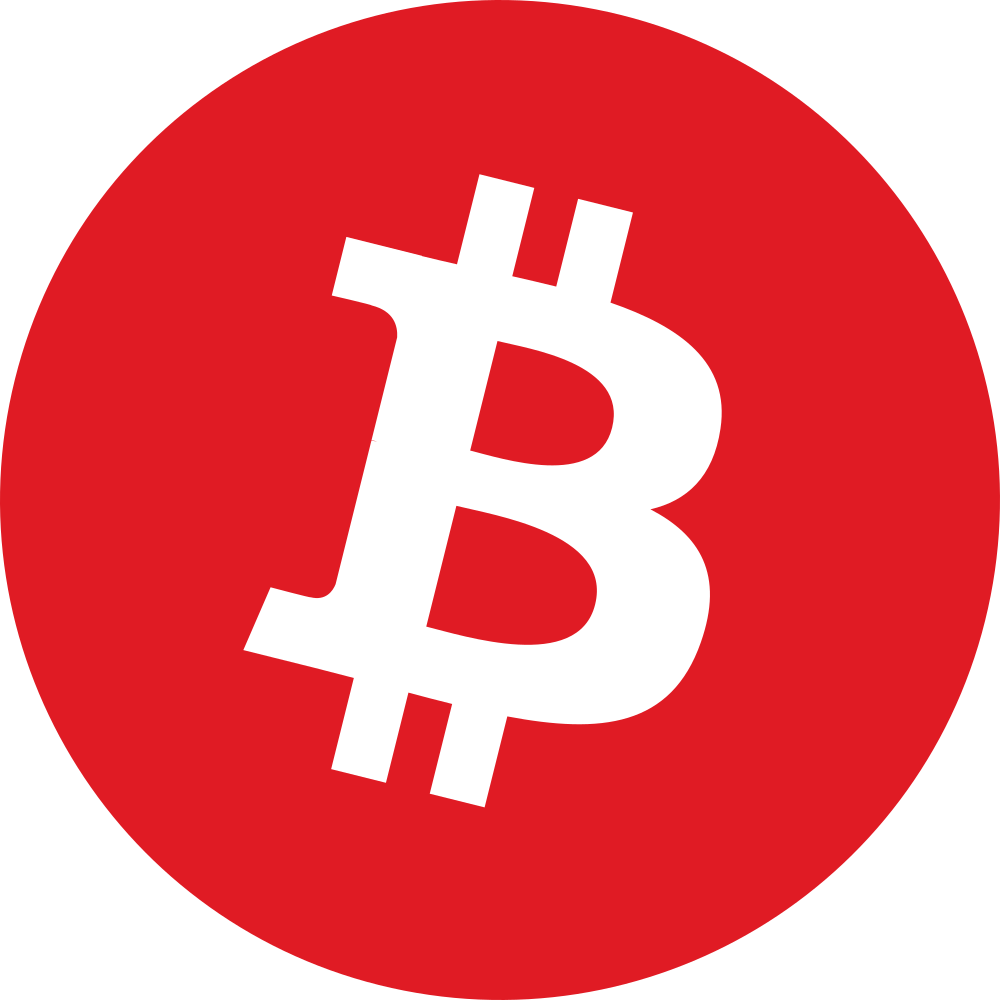This is a podcast about Bitcoin by Dean Florin Hilbay, a lawyer, professor at the UP College of Law and dean of the College of Law of Siliman University.
In This Episode
This video is about Bitcoin Pizza Day, a significant milestone in the history of Bitcoin.
The speaker Florin Hilai first explains the two ways to acquire Bitcoin: buying it with fiat money or mining it with energy. Bitcoin mining is a process that uses computer power to compete for Bitcoins. In the early days of Bitcoin, people used CPUs to mine Bitcoin. However, Laszlo Hanyecz from Jacksonville Florida figured out a more efficient way to mine Bitcoin using GPUs.
Laszlo then posted an offer on a website for Bitcoiners, offering 10,000 Bitcoins for one or two pizzas. Jeremy Sturdivant, an Englishman, responded to the offer and ordered two pizzas for $40 from Papa Johns. This marked the first time Bitcoin was used to purchase something in the real world.
The speaker highlights two reasons why Bitcoin Pizza Day is a significant event. First, it signified the evolution of Bitcoin from a theoretical monetary system to a medium of exchange. Second, it demonstrated the potential of Bitcoin as a store of value. The 10,000 Bitcoins used to buy the pizzas would be worth $670 million today.
The speaker also mentions that both Laszlo and Jeremy do not regret their transaction. Even though the 10,000 Bitcoins could be worth a lot more today, they did not expect the price of Bitcoin to rise so dramatically. The video ends with the speaker promoting his books on the history of money and the Bitcoin monetary network.
The Podcaster
Florin T. Hilbay holds a degree in economics from the University of Santo Tomas, and in law from the University of the Philippines. He taught constitutional law and philosophy of law in the University of the Philippines and is the author of Unplugging the Constitution (2009). At 40, he was appointed Solicitor General of the Philippines. As Solgen, he represented the country in the arbitration over the West Philippine Sea in Philippines vs. China. He now serves as Dean of the College of Law of Silliman University, where he teaches a course on Money and State.
Book Review
“Hilbay’s book is a blueprint for a different kind of future, where the world operates on one digital currency standard, beyond the control of any one country or alliance of countries, where the most valuable and technologically advanced money is something that will be accessible to anyone: a refugee or a billionaire, equally. Where foreign lenders and dictators cannot simply ‘devalue’ a local currency to crack the whip on local workers, or where an empire cannot force their currency to be the only one that energy producers accept. If everyone is on the same footing, Hilbay explains, then the world gets a whole lot more equal.”
—Alex Gladstein, Human Rights Foundation
Try a little Bitcoin
If you are in the Philippines, the easiest way to see how bitcoin works is through Pouch or CoopPay. From your bank app, you can send a few pesos to Pouch and from there you can send to a Lightning wallet. For members of your cooperatives, you can simply ask your coop for a cash-in. Then once you have pesos in your CoopPay, same process.
LET’S BUILD THE CIRCULAR ECONOMY Join a cooperative federation today via iCoop.ph and Healthcare.coop. #StudyBitcoin Experience the Lightning Payment Network for Cooperatives at Lightning.coop and the 6 Steps. Use CoopPay, the world’s first Lightning wallet for cooperatives, at the Coop BookShop at Buy.coop, The Co-operative Exchange. Register your .coop domain at Register.coop. Visit BitcoinIsland.ph. Make BitcoinTown.ph happen, but in your town. Sign up for secret updates. Read The New Co-operator. and see in one glance how the co-op universe is bending in space-time.
SPONSORSHIPS Yes, you can support Chat.coop’s work, thank you! For special publishing, design and engineering work, follow and message us on X.com, Facebook, Discord-join the Chat.coop server and Nostr, find us: npub1mzhuvwffv68sf4hza0nemv70zmu2aju7gtskdfrnz5mctrlhx8kq78c7fp
POWERED BY Law.net.ph—Decentralized, distributed and peer-to-peer



